This is the fourth post in our series, Biotechnology: Beyond Imagination, which highlights the technology and scientific advancements of BIO Digital participating companies and BIO member companies. Today we explore Amyris and its innovative approach to hand sanitizer for health care workers on the front lines.
Beyond Imagination Member Spotlight: Amyris
When it comes to COVID-19, the world has very few defenses other than social distancing, washing hands and using hand sanitizer. With the rush on supplies, many health care workers are finding that they don’t have the alcohol-based sanitizer they need to reduce risk and prevent the spread of infection between patients.
In less than a month, California-based Amyris developed its Pipette™ Hand Sanitizer that not only addresses the need for ample supplies of the right kind of sanitizer, but contains an important ingredient to reduce dryness.
Anyone who frequently uses alcohol-based sanitizer knows how tough it can be on hands. That’s where Amyris’s innovative approach can help health care workers who use lots of sanitizer throughout the day to try to protect themselves and their patients.
Pipette Hand Sanitizer uses 65% alcohol to kill germs on contact before quickly evaporating away. Unique to this sanitizer, however, is the sugarcane-derived squalane and hydrating glycerin that remains on the skin to add weightless moisture that keeps hands soft and skin from drying out.
Saving Endangered Species at the Same Time
One of the most innovative aspects of this new approach to sanitizer is the inclusion of sugarcane-derived squalane. Why is this important? Traditionally, manufacturers used squalane—the hydrogenated form of squalene—that was harvested from the liver of deep-sea sharks. Shark liver is roughly made up of 80% squalene, and three sharks are needed to produce two pounds of the ingredient. Because of demand for the sought-after emollient, many types of deep-sea sharks began to appear on the endangered species list due to this harvesting.
Instead of killing millions of sharks per year for the needed ingredient, Amyris developed a sustainable, vegan alternative – squalane – from renewable sugarcane.
As the COVID-19 pandemic spread, Amyris recognized the sanitizer shortage facing health care workers across the country and immediately began to develop a hand sanitizer under their B2C brand, Pipette. Faced with a product development process that typically takes months, Amyris chemists moved at a record pace, producing a formula in a matter of days.
The company partnered with an FDA-compliant lab to get the product manufactured quickly. The entire process took roughly one month – from development to manufacturing to shipping out to hospitals and health care systems across the country.
To help meet the need, Amyris donated more than 20,000 bottles of Pipette Hand Sanitizer to those on the front lines in the hardest hit areas: the San Francisco Bay area, Los Angeles and New York state. The company also donated bottles to organizations that help vulnerable populations, including the homeless.
When Amyris saw a need of increased demand and a disrupted supply chain, it also saw an opportunity to help. BIO applauds Amyris’s efforts to make a difference for health care workers while also creating a more sustainable future. To learn more, visit bio.org/coronavirus.
Registered attendees of BIO Digital can learn more about cutting edge companies like Amyris through educational programming and company presentations. BIO also offers BIO’s One-on-One Partnering™ system through the digital convention.




.jpg?itok=5epg0qxZ)
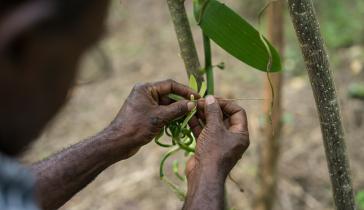

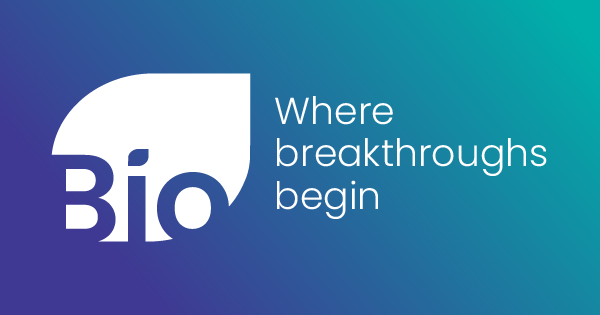

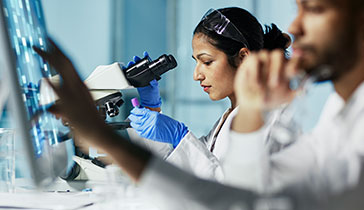
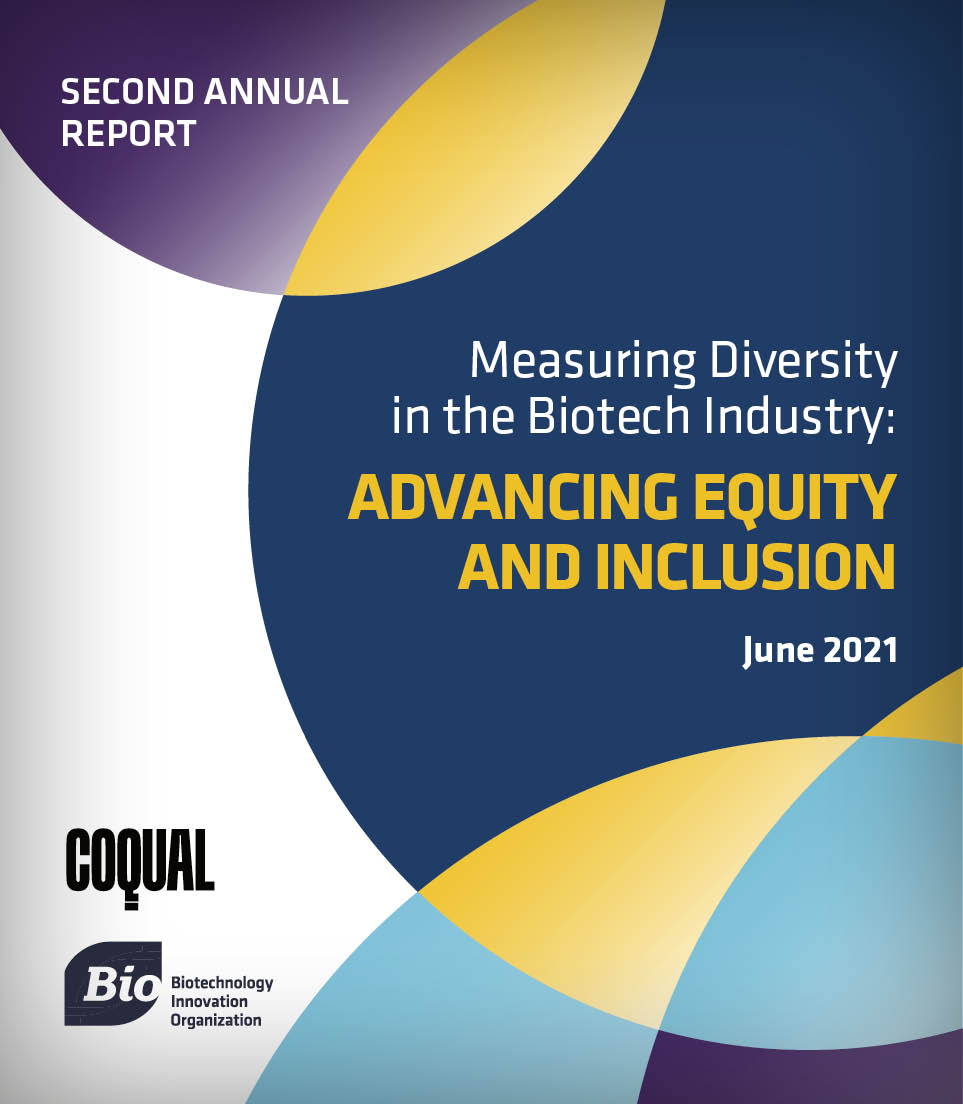


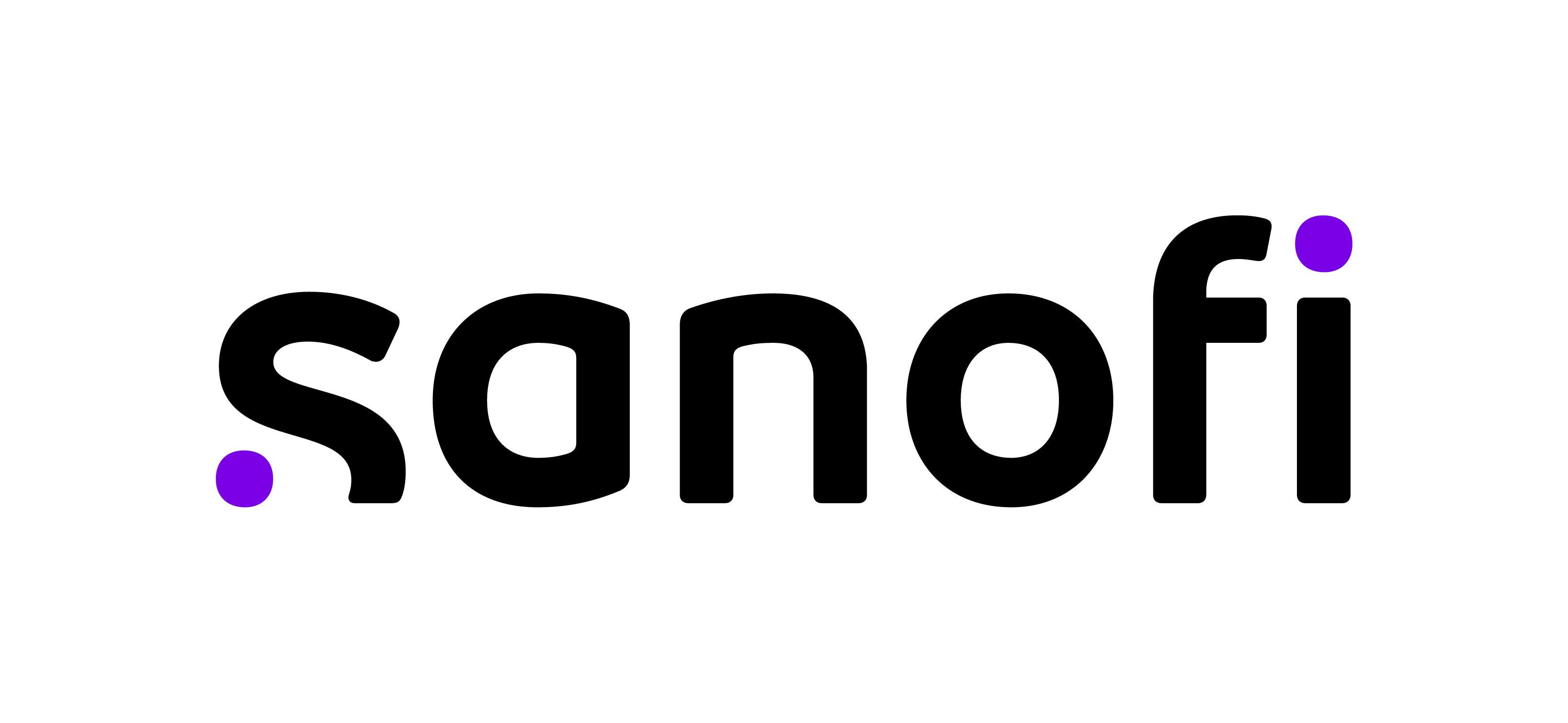
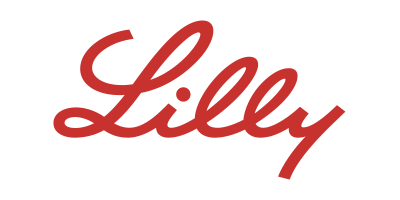





.png)


